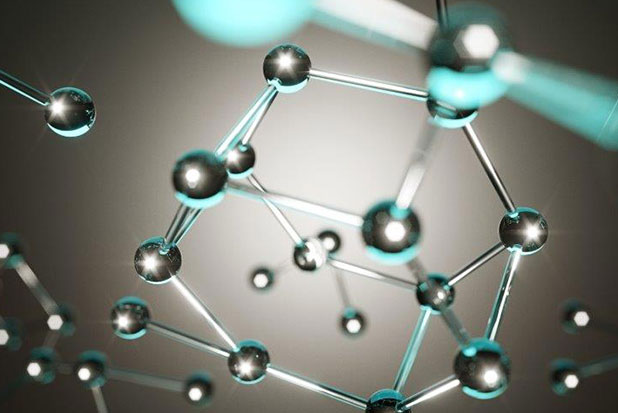
Nuclear Medicine Technology is the advanced medical field deals with the use of small amount of radioactive substances for the diagnosis of various diseases and treatment of a few diseases. Nuclear Medicine scans reveal biological processes that take place at cellular level and are now accepted as an integral part of molecular imaging.
The candidates will have the training in gamma cameras, thyroid uptake probes, and PET scanner, dedicated software to generate digital images, and preparation of radio-pharmaceuticals, as applied to investigate a wide variety of disease processes. Nuclear medicine combines computer technology, advanced medical instrumentation, chemistry, physics, and radioactivity to diagnose and treat diseases.
The Nuclear Medicine Technologist is a highly specialized healthcare professional who works closely with the nuclear medicine physician. After completion of the course the candidates can work in the hospitals with nuclear medicine specialty in and around the world.
|
S. No |
I Year |
II Year |
III Year |
IV Year |
|---|---|---|---|---|
|
1 |
Human Anatomy & Physiology |
Physics of Nuclear Medicine |
Recent advances in Nuclear Medicine Techniques |
|
|
2 |
Image processing Techniques |
Radiochemistry & Radiopharmacy |
Radiation Biology & Radiation Safety in Nuclear Medicine |
Internship |
|
3 |
Basic Physics & Nuclear Physics |
Nuclear Medicine Techniques & Special Procedures |
Quality Assurance in Nuclear Medicine |

Course Director
MD
Teaching: - 8 Years
Nuclear Medicine

Professor
M.S (Ortho)., D.Ortho
Teaching: - 20 Years
Ortho
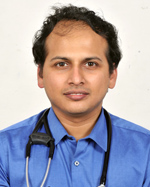
Professor
M.D., D.M
10 Years
Nephrology
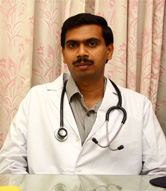
Professor
M.D., D.M
Teaching: 15 Years
Gastroenterology
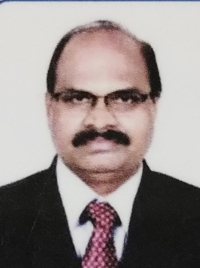
Professor
M.Sc (Phy)., DMRIT
Teaching: 30 Years
RSO – II Nuclear Medicine

Assistant Professor
M.Sc.
Teaching: - 8 Years
Medical Physics
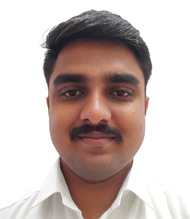
Assistant Professor
M.Sc.
Teaching: 3 Years
Medical Physics
Nuclear Medicine is an exciting specialty involving the application of radioactive substances in the diagnosis and treatment of diseases. Nuclear Medicine is a multi-dimensional specialty involving Imaging, Physics, Chemistry, patient care, computers and medicine. The Nuclear Medicine Technologists apply the art and skill of diagnostic imaging and treatment through effective use of radioactive materials. They are the integral part of nuclear medicine technology in the diagnostic and treatment of many diseases.
Nuclear Medicine Technologists will be proficient in the use of sophisticated instrumentation such as PET Scanner, Gamma Cameras and Softwares to generate digital images to investigate a wide range of diseases.
After successful completion of the graduation, the graduates have many options to carry out their professional skills. They are employed in the Private and Government sector health care services / Diagnostic Centers across the globe.
Nuclear Medicine Technology is constantly evolving and has a rewarding career in health care industry. In addition to diagnostic and therapeutic work, personnel are frequently involved in clinical trial works and quality assurance. Opportunities are growing at a rapid pace due to technological advancements in Nuclear Medicine. After the completion of the course, the professionals can be nominated as Radiation Safety Officer in Nuclear Medicine departments. Candidates can also pursue their higher education in the same discipline.
